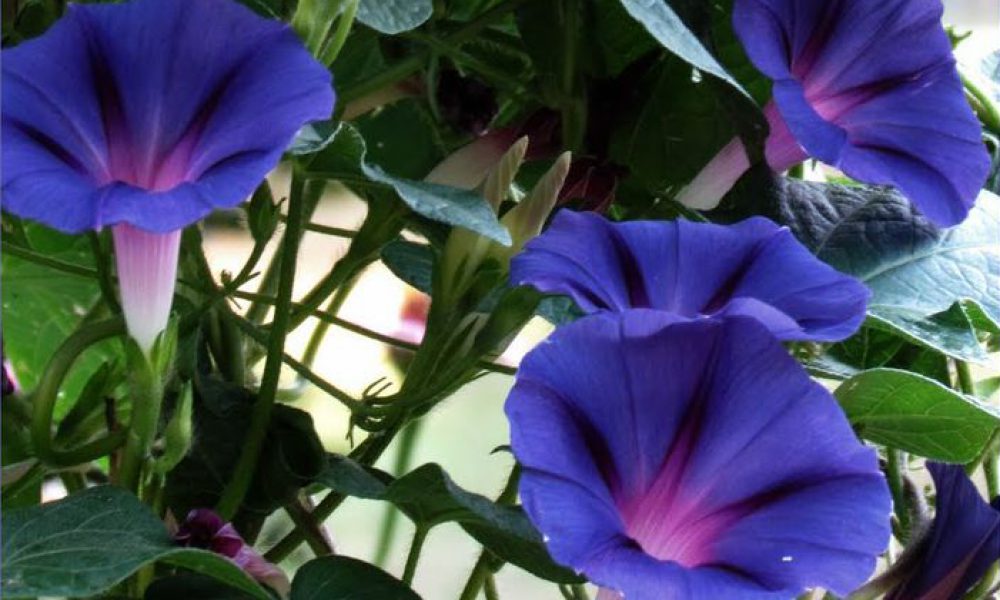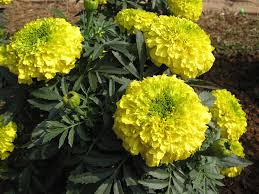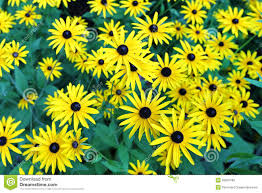This post has been a long time coming. I’ve had it in mind since last spring. In fact, I came this close to writing about dandelions a little over a year ago. Instead, I wrote about a crowd of crazies on Long Island, NY, who were making their teenagers’ lives tough with their ridiculous school safety measures. I thought about writing this post just a few weeks ago, but Mother’s Day made me think about being a mother (go figure). However, the glorious crop of dandelions everywhere I look these days demands to be loved in black and white, so here I go ….
I love dandelions. I love their hopeful, just-try-to-ignore-it colour. I love the feathery lightness of their petals. I love their perfect symmetry. I love the fact that, even in death, they’re beautiful:
I love that children make wishes on the seeds. I love their resilience. I love them so much that I stop to admire them (sometimes taking pictures of them) on my way to wherever I’m going. I love them so much that I have cheerfully let the lawn become them. I love them so much that I permanently decorated my right arm with them:
However, I have had enough conversations with the other side to know that not everyone loves them. Some people hate them so much they will acquire a special tool designed to yank them up. They will spend oodles of time and money getting rid of them. They will poison the earth to ensure that they don’t have to look at a single dandelion on their property, ever. They will look down on neighbours who tolerate them. The appearance of a single yellow puffball on their otherwise suffocatingly boring lawn ruins their day. Like bagging up leaves and throwing them away or hosing down your yard furniture and driveway every other week, it makes no sense.
A dandelion looks like this:
People regularly pay for, and cultivate, this:
And this:
And this:
What on earth is the difference between the three examples of desirable yellow flowers I just gave, and dandelions? The way people fuss about them, you`d think dandelions look like this:
(Yes, that is a real creature. It’s a blob fish. Google it. Unless you’re eating.)
In case laying out the ridiculousness of your position hasn’t convinced you, here are a few facts about dandelions you might find interesting:
Dandelions are masters of survival. They can take root nearly anywhere, and then become impossible to get rid of. Why? There are a few reasons. For one thing, they are long-lived. A dandelion plant can live for years. You might think you’ve destroyed it by yanking most of it out of the ground, but you’ve merely dampened its spirits. All a dandelion needs to rejuvenate itself is one inch of root. And that root sinks deeper by the year – a dandelion root can grow fifteen feet deep if it needs to. It can muscle its way through gravel, and even cement – so dandelions thrive in the most barren of landscapes. Dandelion fossils have been found in prehistoric deposits – they’ve been around alot longer than we have.
Dandelions are an essential part of our ecosystem. Their flowering is an indicator to bees that the summer is on its way, and in early spring they are an abundant source of pollen and nectar. They are a great source of vitamins and roughage for small animals – rabbits love them. If you like bees, butterflies and bunnies, don’t kill dandelions.
Dandelions are useful. They have been, and can be, used for medicine, food and dye. The roots can be dried and ground to make a coffee substitute (something that made the dandelion of particular importance to early settlers here in North America). They can even be used to make wine.
Believe it or not, dandelions are good for your lawn. Their tough, quick-spreading roots loosen packed soil, aerating it and helping to reduce erosion. The deep root pulls nutrients from far below the surface and makes them available to other plants – like your precious grass.
A colleague of mine told me that he spent an entire day last spring removing dandelions from his lawn. Why? Not because he doesn’t like them, but because he was worried that his neighbours would be annoyed with him if he let them continue to grow on his property. He regretted yanking up what he considers “pretty yellow flowers” just because he was afraid of what people might think. And dandelions are the most common illustration on containers of herbicides …. I believe that people have been conditioned to see dandelions as a problem, and that is why they will go to such lengths to get rid of them. Large squares of flat, green monoculture are not natural – and they are time-consuming, expensive and harmful to the environment. Have you ever really looked at a dandelion – or, better still, a whole field of them? All that beauty is free, and good for everyone.









